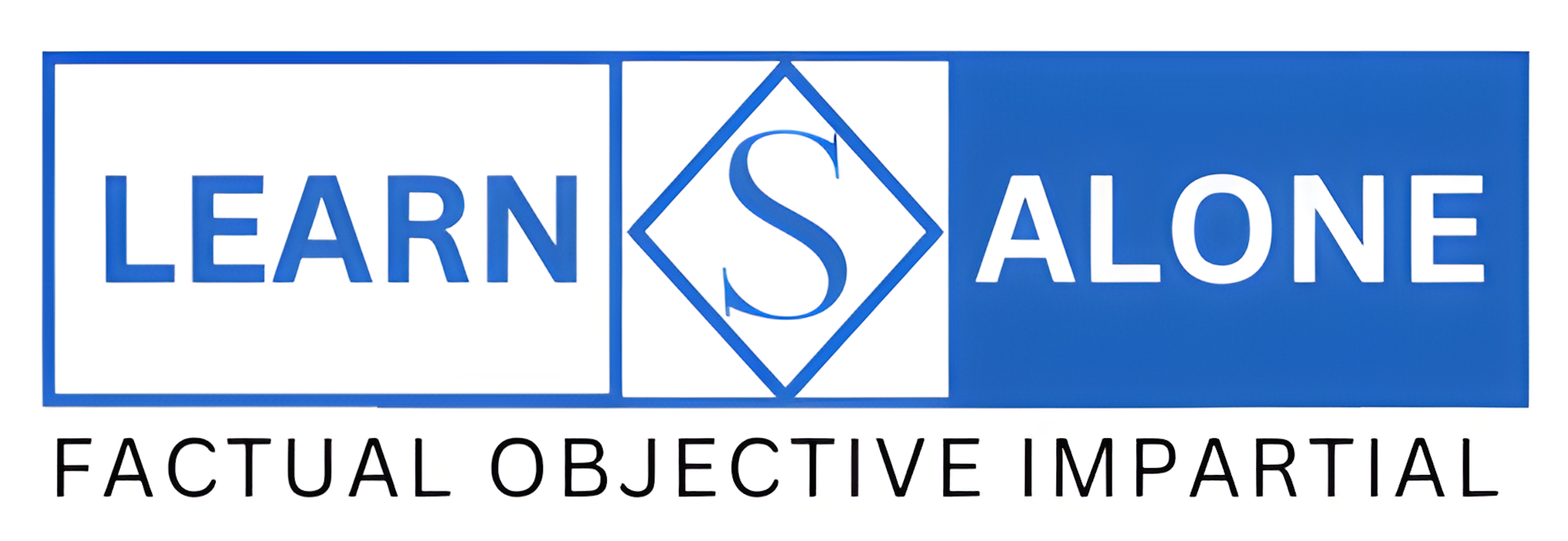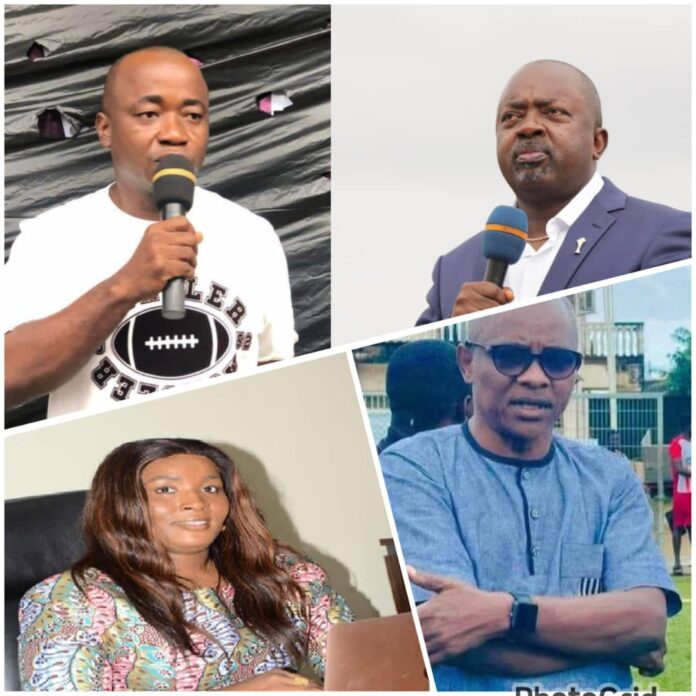By Edward Dictionary Caulker
A quiet but consequential revolution is brewing in Sierra Leonean football. No longer merely a contest of coaches and players, the race for the presidency of the Sierra Leone Football Association (SLFA) has transformed into a battleground where business acumen, political influence, and reformist zeal converge. For a country where football is more than a pastime—where it is a passion, a unifier, and for many, a lifeline—this change is seismic.
At the heart of this unfolding drama stand four contenders: Ms. Aminata Bangura, Mr. Babadi Kamara, Mr. Thomas Brima, and Mr. Umaru Bah. While their personal narratives and professional paths differ, what binds them is a shared embrace of business thinking, strategic governance, and results-oriented leadership. Their candidacies are shaking the old order, raising important—and sometimes uncomfortable—questions about the future of football in Sierra Leone.
The Business of Football: Global Reality, Local Tension
Internationally, football has long evolved into a multibillion-dollar industry. Clubs are run like corporations. Players are brand ambassadors. Stadiums are economic hubs. Yet in Sierra Leone, football remains weighed down by structural fragility, poor funding, political interference, and lack of investment in grassroots systems. This gap between what football is globally and what it remains locally is precisely what makes the current SLFA race so intriguing.
Ms. Aminata Bangura promises a future built on transparency, discipline, and inclusive leadership. Her campaign is unapologetically reformist, with an emphasis on empowering women and overhauling out-dated systems. Mr. Babadi Kamara enters the race with credibility in both football management and infrastructure development. A bridge between the boardroom and the pitch, he represents the fusion of passion and professionalism.
Incumbent president Mr. Thomas Brima, meanwhile, offers stability and continued alignment with FIFA protocols. While he boasts institutional knowledge and international compliance, critics accuse him of being too slow, too safe, and too elite-focused. Then there’s Mr. Umaru Bah—a quieter figure, yet a strategic thinker advocating for grassroots development and deeper private sector involvement.
Businessmen or Football Stewards
But not everyone is convinced. Critics warn that the increasing dominance of business figures in football politics risks turning the sport into a profit-centric enterprise, rather than a community-driven pursuit. The fear is that in the pursuit of financial efficiency, the soul of the game—its grassroots leagues, community clubs, and youth academies—may be side-lined.
Can someone who has never kicked a ball professionally truly understand the heartbeat of the sport? Can boardroom logic replace locker-room intuition? Should Sierra Leone entrust its most beloved sport to those who may see it as an investment portfolio rather than a people’s movement?
These are not rhetorical questions—they are urgent concerns, especially in a country where football can either inspire unity or reflect national dysfunction. And with much of the SLFA’s past plagued by mismanagement, infighting, and international sanctions, the next leader must bridge two worlds: the passion of the pitch and the precision of the spread-sheet.
The Ball at the Crossroads
This is not just an election—it is a referendum on the soul of Sierra Leonean football. Should the SLFA be managed by those who have lived and breathed the sport but may lack financial rigor? Or should it fall to business professionals who promise reform, but who may be disconnected from football’s grassroots lifeline?
Beyond the candidates, the next SLFA president must inherit more than a title. They will take on a federation burdened by mistrust, underperformance, and years of fractured leadership. But within that burden lies an incredible opportunity: to build a professional, accountable, and competitive football ecosystem that resonates at home and commands respect abroad.
The Whistle Is Coming
As this critical election nears its climax, one thing is clear: Sierra Leonean football stands at a turning point. The final whistle will not merely signal the end of a campaign. It must signal the start of a transformation. The question is not just who will win the SLFA presidency—but who can lead with integrity, vision, and commitment.
Because football in Sierra Leone cannot afford another lost decade. It must become more than a game, more than a business, more than a dream. It must become a national project—one where every child with a ball, every coach with a hope, and every fan with a flag sees themselves reflected in the future being built.
Whoever emerges victorious must not only run the game—they must elevate it.



